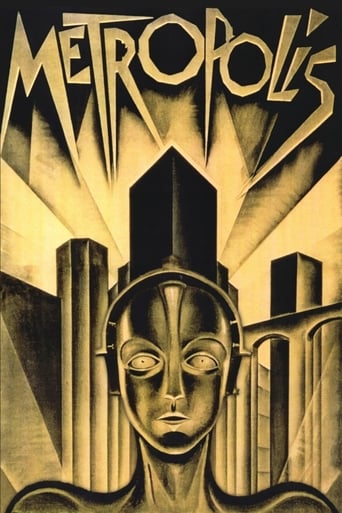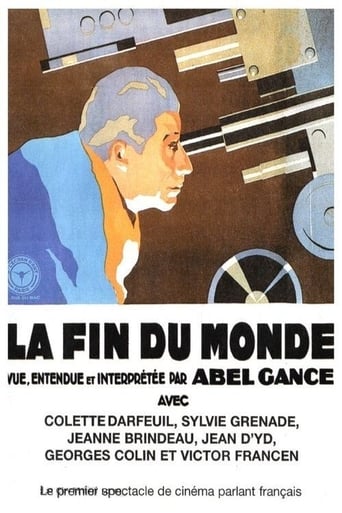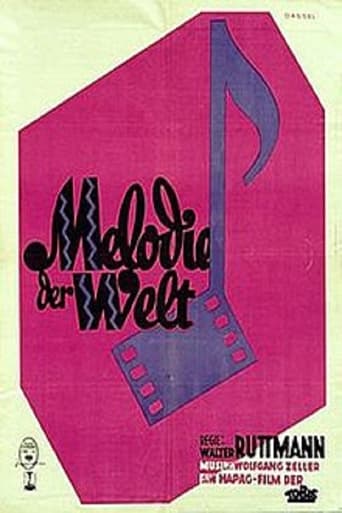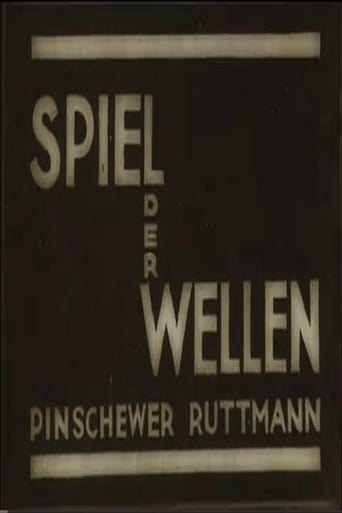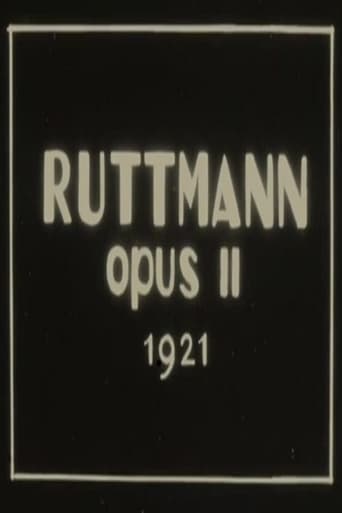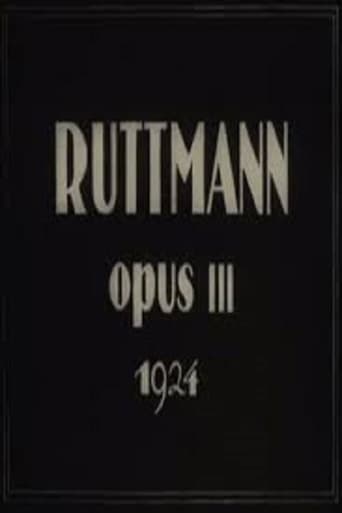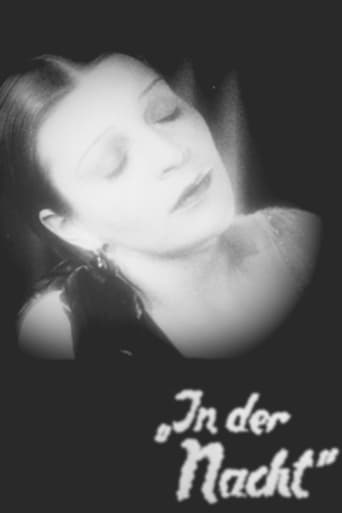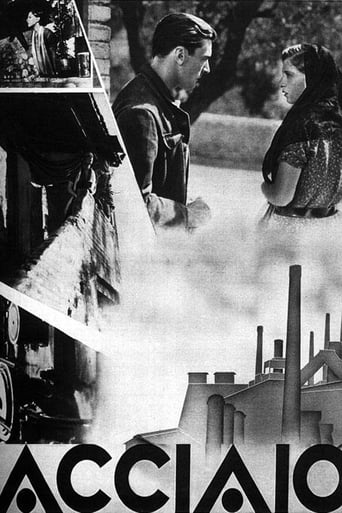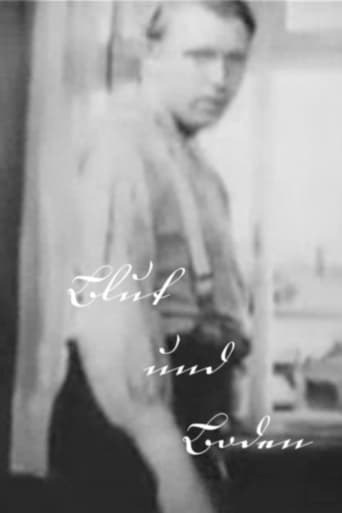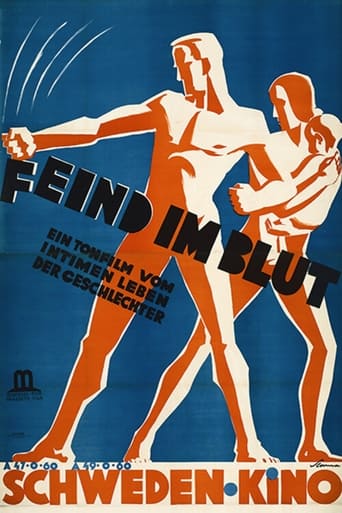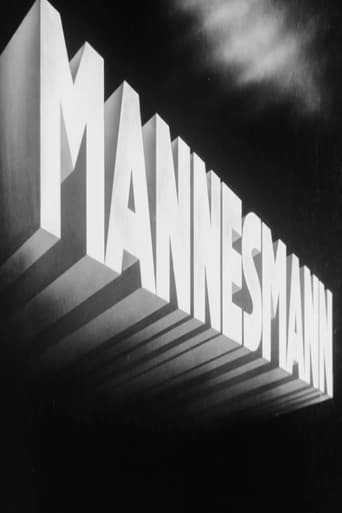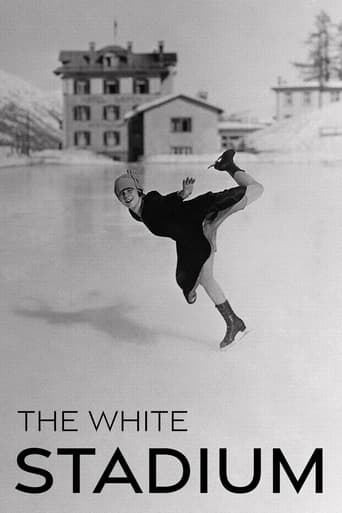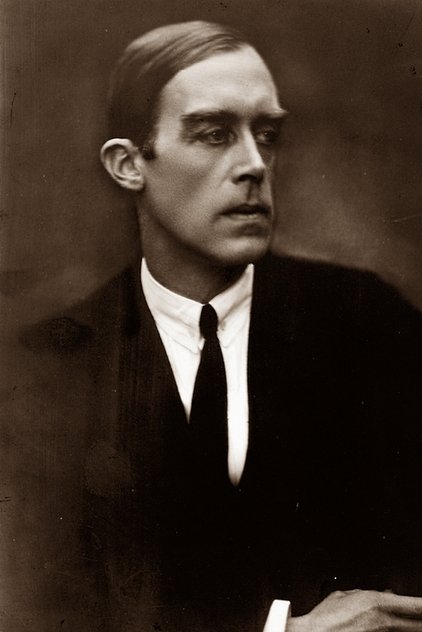
Walter Ruttmann
Walter Ruttmann was a German film director and along with Hans Richter, Viking Eggeling and Oskar Fischinger was an early German practitioner of experimental film. Ruttmann was born in Frankfurt am Main; His film career began in the early 1920s. His first abstract short films, Lichtspiel: Opus I (1921) and Opus II (1923), were experiments with new forms of film expression. Ruttmann and his colleagues of the avant garde movement enriched the language of film as a medium with new formal techniques. Ruttmann was a prominent exponent of both avant-garde art and music. His early abstractions played at the 1929 Baden-Baden Festival to international acclaim despite their being almost eight years old. Ruttmann licensed a Wax Slicing machine from Oskar Fischinger to create special effects for Lotte Reiniger. Together with Erwin Piscator, he worked on the film Melody of the World (1929), though he is best remembered for Berlin: Die Sinfonie der Großstadt (Berlin: Symphony of a Great City, 1927). During the Nazi period he worked as an assistant to director Leni Riefenstahl on Triumph of the Will (1935). He died in Berlin of wounds sustained when he was working on the front line as a war photographer.
- Igoa: Walter Ruttmann
- Lauiloa: 8.259
- Lauiloa mo: Directing
- Aso fanau: 1887-12-28
- Nofoaga fanau ai: Frankfurt-on-Main, Germany
- Homepage:
- Faʻailoa foi O: Walther Ruttmann


